Study in Malta
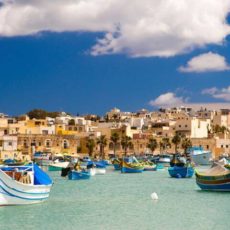
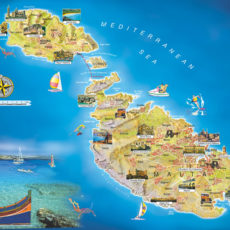
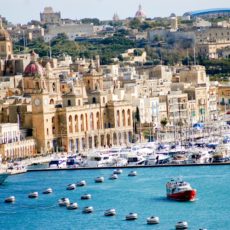
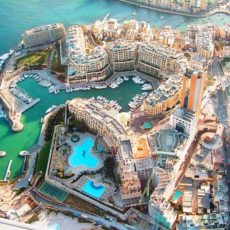
Malta is a great place to study and live in. it is one of the safest countries in the world. Malta is largely crime-free and is known for being one of the safest destinations in all of Europe.
Here are top four reasons to study in Malta:
1- Extraordinary weather and culture:
Malta is a great place and it has an extraordinary weather, which is gorgeous 300 days of the year. It also has an extraordinary culture, which makes it an interesting place to study and live in.
2- Amazing nightlife:
Malta has an exciting and lively nightlife. It is popular with its amazing clubs, music, and casinos. Its open-air clubs give you a unique experience.
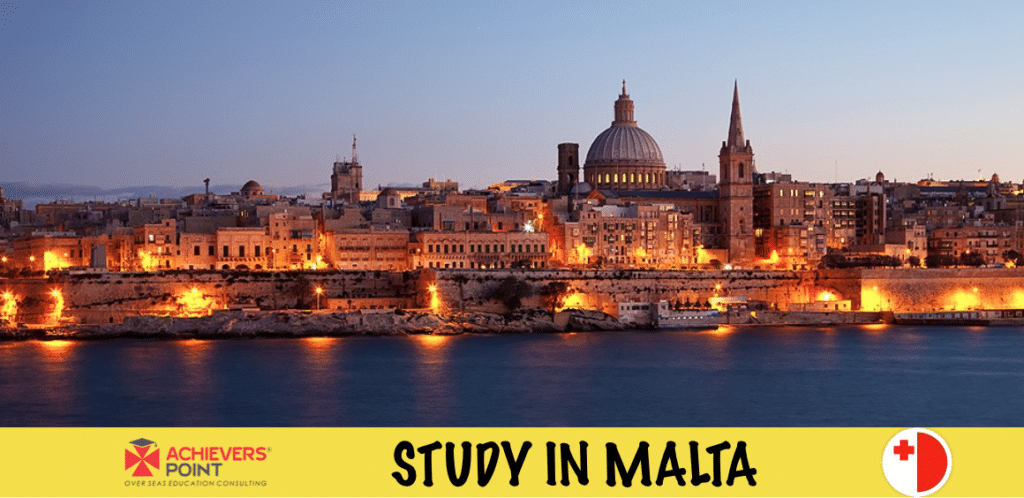
3- English-speaking place:
Malta is a wonderful study abroad destination for international students who are more comfortable in English-speaking regions. As studying abroad can be difficult for students who feel nervous about living in unfamiliar surroundings for an extended period. English-speaking students are able to communicate with the locals easily and navigate the country efficiency.
4- Perfectly formed place:
Malta is not a big island, but being small enhances Malta’s many pleasures, you can explore everything from its beaches to its museums easily without having to spend a lot of time or money traveling around.
- Tuition Fees and Living Expenses
- Admission Requirements
- Working in Malta
- Visa Process
- Study Language in Malta
- Our Partners' Universities

Tuition Fees and Living Expenses
Tuition fees in Malta:
– For EU and Malta students: Full-time undergraduate courses are free-of-charge but they are charged in case of higher courses.
– For non-EU students:
- For arts or business courses: 1080 EUR for undergraduate students.
- For science career paths: 1360 EUR.
- Other courses: 2000$.
Living Expenses cost in Malta:
– Renting an apartment will cost you around 750$ or 315 EUR per month.
– Food, entertainment, gym and other charges will cost you about 150$ to 300$ per month.
– You will need around 300 to 600 EUR per month for all of your expenses.
– Food will cost you about 280 EUR per month.
General Costs per Month on average: | |
315 EUR | Housing |
280 EUR | Food |
55 – 72 EUR | Transportation |
70 EUR | Social activities |
530 Per semester | Books and learning material |
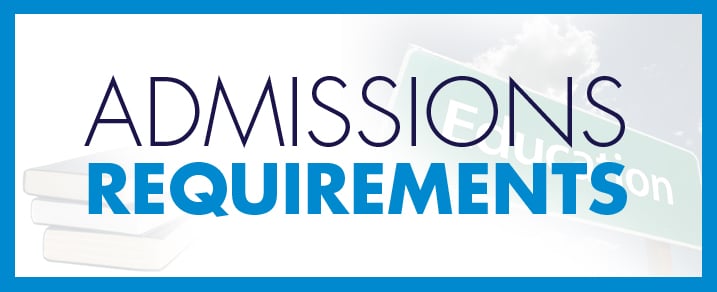
Admission Requirements
Requirements vary from university to another that is why you need to check the university website that you want to study in and apply to, in order to find out the necessary documents and requirements that you need to apply.
Required documents:
– Copy of passport.
– Copy of all relevant certificates.
– Consent form.
– Application fee.
– Tuition fee.
Language Requirements:
– TOEFL: 80.
– IELTS: 6.0
Program duration:
- Bachelor programs duration: 3 – 4 years.
- Master programs duration: 1 – 2 years.

Working in Malta
The average wage in Malta is low compared to EU standards. The average working hours are 40 hours per week.
You are entitled to 25 days of paid holidays plus the 14 public holidays.
EU students do not require employment licenses to work in Malta. However, non-EU students are required to apply for an employment license if they want to work in Malta.
Australian students under 30 can work in Malta for a year as part of the “Working Holiday Visa” program. Other countries’ students, it is almost impossible for them to find the necessary permits unless a local company sponsors you.
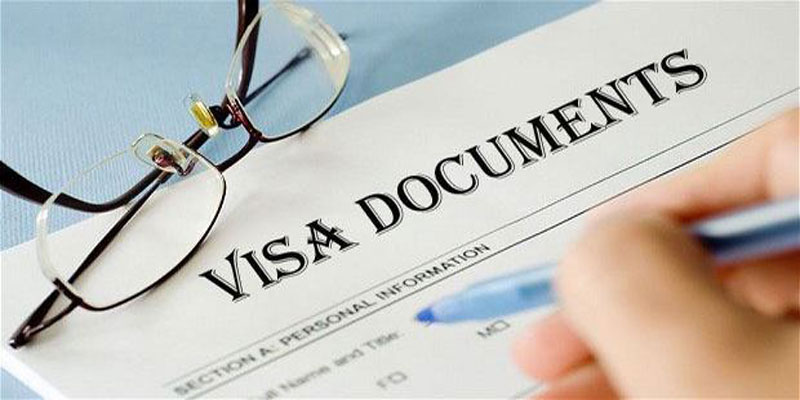
Visa Process
– For EU students:
You can apply for a student visa through the same process you would a travel or a work visa. The student visa is not needed for staying in Malta less than three months.
– For non-EU students:
You need to apply for a student visa regardless of the length of time that you will spend in Malta.
When you apply for a student visa, you should provide all the necessary information and documents, as the Maltese Embassy will not consider half-complete applications.
The required documents for a student visa:
– Completed Application form.
– Valid passport.
– Two identical color recent passport photos.
– Acceptance letter.
– Proof of travel insurance.
– Proof of travel plans.
– Proof of accommodation.
– Proof of financial means “48 EUR per day”.
– Application fee.
– Self-addressed special delivery envelope.
– Copies of all the documents provided.
Note that:
After arriving in Malta, if you will stay for more than 90 days, you should go to the Embassy and apply for a residence permit.
Our office is ready to help you with all procedures starting from finding the right universities and courses to the admission and getting the acceptance letter until the applying for the student visa and the admission to the university.

Study English Language in Malta:
All universities in Malta are offering their courses in English. English also is spoken and understood by the population in general. Being one of Malta’s official languages.
There are many English courses to suit the needs of many different types of students.
Learning English in Malta is very cheap and affordable compared to other European countries.
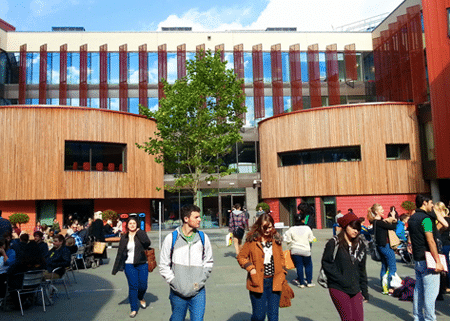
Our Partners’ Universities
University Name | Website |
Chamber College | |
St Edward’s College | |
STC Higher Education Malta | |
ICTQ Centre for English |

Tuition Fees and Living Expenses
Tuition fees in Malta:
– For EU and Malta students: Full-time undergraduate courses are free-of-charge but they are charged in case of higher courses.
– For non-EU students:
- For arts or business courses: 1080 EUR for undergraduate students.
- For science career paths: 1360 EUR.
- Other courses: 2000$.
Living Expenses cost in Malta:
– Renting an apartment will cost you around 750$ or 315 EUR per month.
– Food, entertainment, gym and other charges will cost you about 150$ to 300$ per month.
– You will need around 300 to 600 EUR per month for all of your expenses.
– Food will cost you about 280 EUR per month.
General Costs per Month on average: | |
315 EUR | Housing |
280 EUR | Food |
55 – 72 EUR | Transportation |
70 EUR | Social activities |
530 Per semester | Books and learning material |

Admission Requirements
Requirements vary from university to another that is why you need to check the university website that you want to study in and apply to, in order to find out the necessary documents and requirements that you need to apply.
Required documents:
– Copy of passport.
– Copy of all relevant certificates.
– Consent form.
– Application fee.
– Tuition fee.
Language Requirements:
– TOEFL: 80.
– IELTS: 6.0
Program duration:
- Bachelor programs duration: 3 – 4 years.
- Master programs duration: 1 – 2 years.

Working in Malta
The average wage in Malta is low compared to EU standards. The average working hours are 40 hours per week.
You are entitled to 25 days of paid holidays plus the 14 public holidays.
EU students do not require employment licenses to work in Malta. However, non-EU students are required to apply for an employment license if they want to work in Malta.
Australian students under 30 can work in Malta for a year as part of the “Working Holiday Visa” program. Other countries’ students, it is almost impossible for them to find the necessary permits unless a local company sponsors you.

Visa Process
– For EU students:
You can apply for a student visa through the same process you would a travel or a work visa. The student visa is not needed for staying in Malta less than three months.
– For non-EU students:
You need to apply for a student visa regardless of the length of time that you will spend in Malta.
When you apply for a student visa, you should provide all the necessary information and documents, as the Maltese Embassy will not consider half-complete applications.
The required documents for a student visa:
– Completed Application form.
– Valid passport.
– Two identical color recent passport photos.
– Acceptance letter.
– Proof of travel insurance.
– Proof of travel plans.
– Proof of accommodation.
– Proof of financial means “48 EUR per day”.
– Application fee.
– Self-addressed special delivery envelope.
– Copies of all the documents provided.
Note that:
After arriving in Malta, if you will stay for more than 90 days, you should go to the Embassy and apply for a residence permit.
Our office is ready to help you with all procedures starting from finding the right universities and courses to the admission and getting the acceptance letter until the applying for the student visa and the admission to the university.

Study English Language in Malta:
All universities in Malta are offering their courses in English. English also is spoken and understood by the population in general. Being one of Malta’s official languages.
There are many English courses to suit the needs of many different types of students.
Learning English in Malta is very cheap and affordable compared to other European countries.

Our Partners’ Universities
University Name | Website |
Chamber College | |
St Edward’s College | |
STC Higher Education Malta | |
ICTQ Centre for English |

